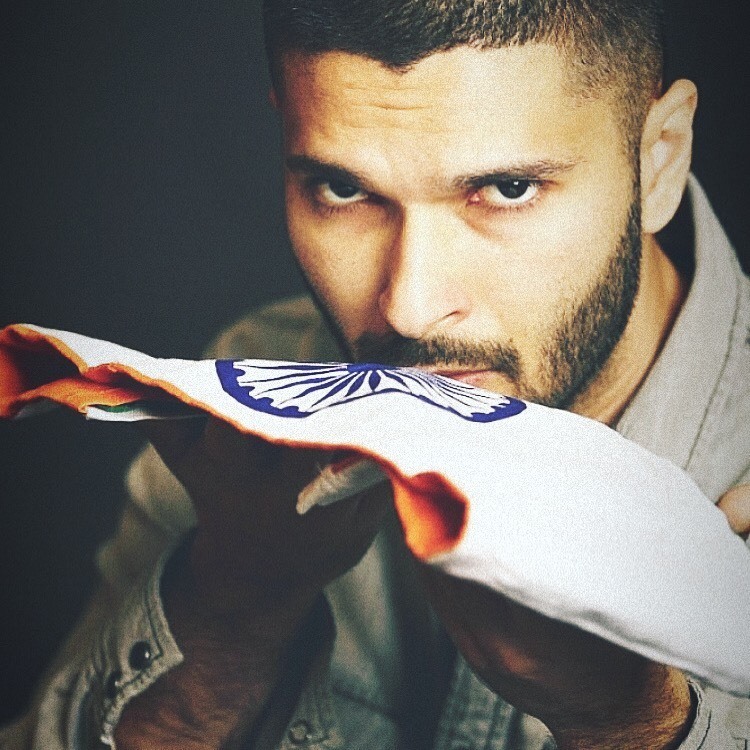Interview: ACTOR AND WRITER MIKHAIL KANTROO On Why Theatre Is A Legacy An Artist Creates
 Theater actor and writer Mikhail Kantroo is overwhelmed with the positive response his latest stage play Do Raha has been garnering these days. Now in its second season, the play showed to two full house shows in the theatre capital of India -- Mumbai.
Theater actor and writer Mikhail Kantroo is overwhelmed with the positive response his latest stage play Do Raha has been garnering these days. Now in its second season, the play showed to two full house shows in the theatre capital of India -- Mumbai.
Kantroo who acted under the aegis of his father Inayatullah Kantroo in the play is also the co-writer of the play. About the showing of the play an emotional Kantroo says, "There was laughter, there were tears, in the end there was a crescendo & then, the audience responded."
His play was no easy story to tell. Revolving around an army family, the play commanded some solid emotional performances that Kantroo in his character was able to deliver with a punch.
After the success of his shows, Mikhail Kantroo catches up with Broadway World on the various aspects that made on to make this play a hot with the audience. Excerpts from the interview
Tell us more about Do Raha. What was the motive besides nationalism when you wrote this play?
Do Raha was written to give out a clear message, let the army remain apolitical. The motive behind Do Raha is simple, your freedom ends where my nose begins, no government should favour any majority or minority in a democratic county like India.
This was the second season of the play. How was the reception?
The second season was all about unlearning, each actor was asked by our director Mr Inayatullah Kantroo to do some soul searching to play out their parts & after our last show in Andrews I can safely say, there was soul in Do Raha Season 2
In the earlier days, plays and nataks depicting patriotism were the order of the day as early as during the times of Raj. Do you feel that nationalistic plays took a backseat afterwards in contemporary theater?
I think art must always depict reality and what's going on in our society, be it politics or socially. During the earlier days writers used their minds to ignite a fire of thought, which turned the tide of the way many counties were run, an artist must never underestimate the power of their ideas.
Do you intend to take the show across the country too. If yes, where?
I want our production to showcase many different stories but yes, we'll always bring back Do Raha whenever we feel the message needs to be sent across to people, that's why Varun Tewari & I wrote it, stories go beyond who's playing it.. who knows someday our children will be acting in it, that's the kind of legacy I'm trying to create.
Comments

Videos

